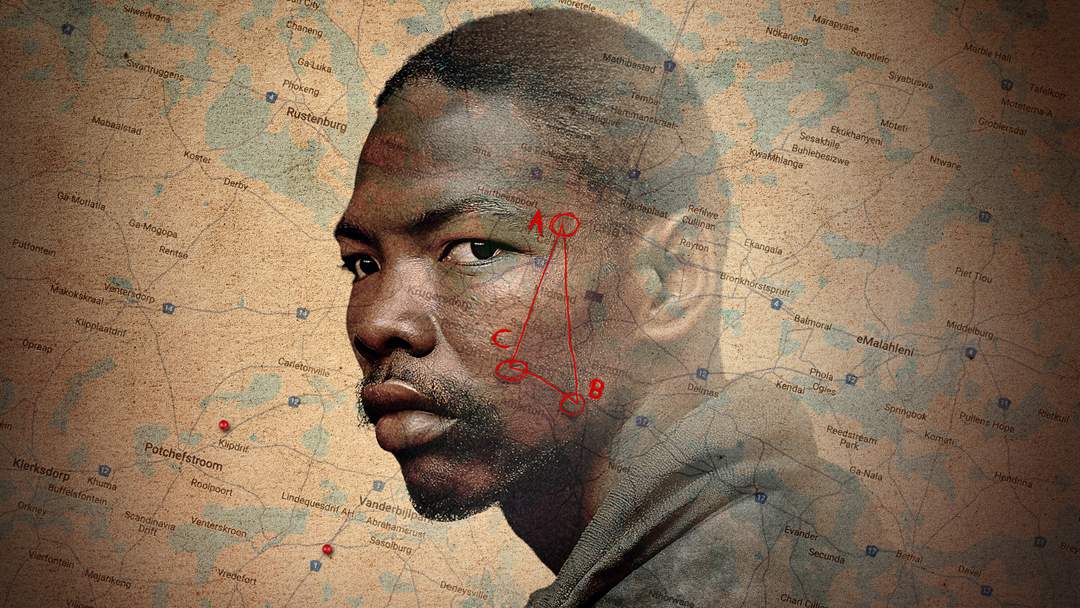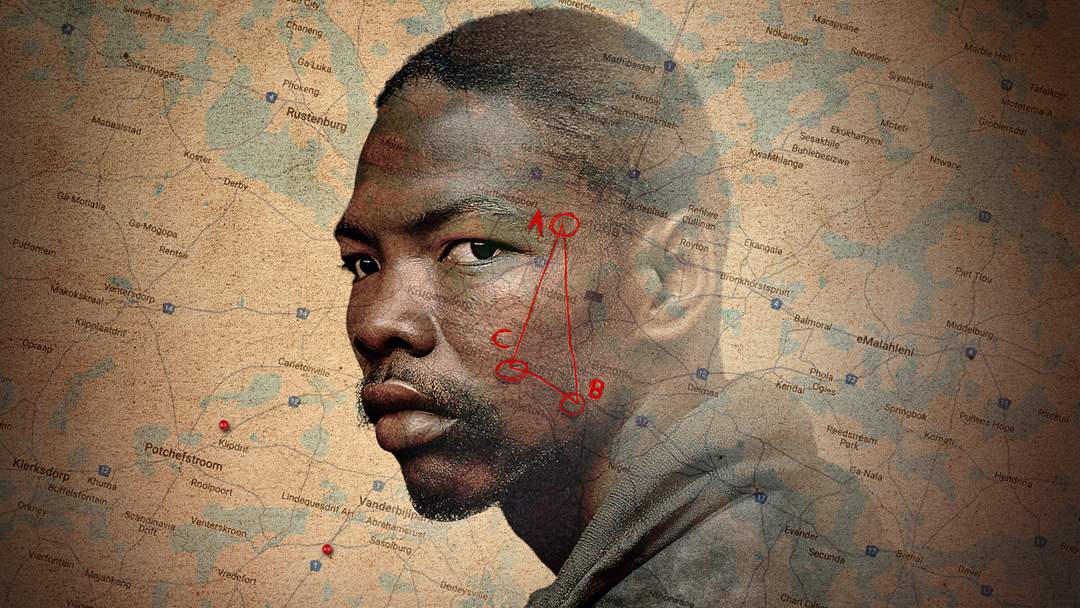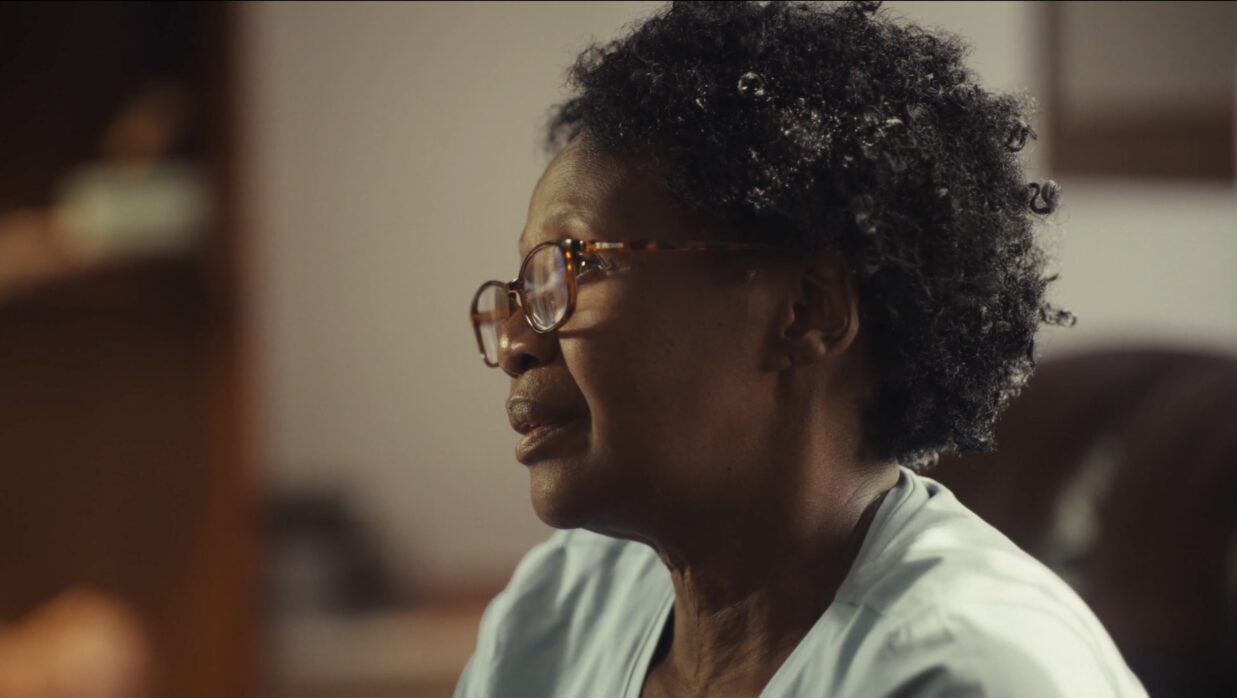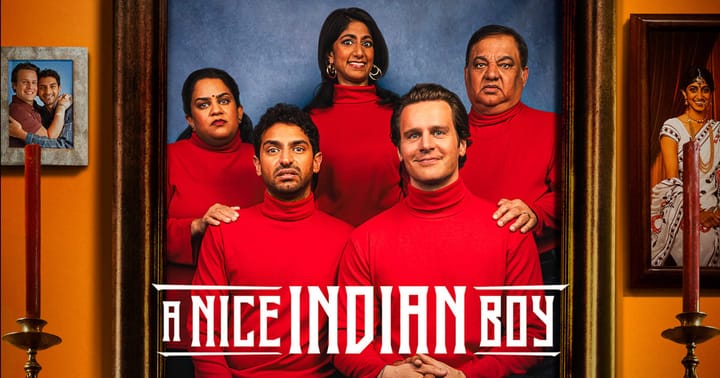The ABC Killer Review: A docuseries that makes a witness of us all
This South African true-crime miniseries leaves an unshakeable chill beneath the skin

This review includes references to gender-based violence, specifically sexual assault and murder. The docuseries being reviewed contains explicit depictions and descriptions of violence against women.
It was a regular weekday evening during our first year of university. The hustle of students returning from campus rang out against the sound of showers echoing across the corridors. We were lounging in one of our rooms, catching up on each other's news of the day, when a senior walked in and announced, matter-of-factly, that a student had just been stabbed and robbed outside our neighbouring residence a few metres away.
A month later, we heard news of Hannah Cornelius, a 21-year-old student who was abducted by a gang, raped, and murdered after a night out with friends in our small university town. From then on, pepper spray accompanied our student lanyards whenever we left our residences. Each late-night library session ended with a call to campus security requesting a guard to walk us back to our accommodation. This tragedy was far from singular, not just for that year but for the rest of our time at university. It became our awakening as women in South Africa.
The 2025 true-crime docuseries The ABC Killer is a disturbing testament to the inherent danger of being a woman in South Africa. In this three-part Showmax Original, the story of South Africa's most prolific serial killer, Moses Sithole (nicknamed "The ABC Killer" as an acronym for the areas he targeted in Gauteng), is told through the eyes of journalists, former detectives, and forensic psychologists — bringing to the foreground South Africa's long-standing battle against violent crime and gender-based violence.

Director Jasyn Howes explains that, by unearthing significant voices, The ABC Killer intends to provide a more extensive representation of the key players involved in the investigation and arrest of Sithole. The ABC Killer is structurally and stylistically reminiscent of Howes's previous Showmax project, Boetie Boer. Both series reconstruct the story of their serial killer subjects through interviews, newspaper headlines, and re-enactments, creating a unified documentation of their respective events.
The ABC Killer complements its primary sources with re-enactments of scenes from the events of 1995. We're taken into the offices of The Star newspaper, whose night shift staff received a life-changing call from the serial killer himself, as well as to the locations Sithole habitually returned to for committing his crimes. Despite these re-enactments offering an engrossing cinematic component, the portrayals of the rapes, murders, and corpses are unwarranted, especially considering the general movement away from explicitly exploiting real-life tragedies such as these on screen.
The series is a fast-paced narrative that, at times, is bewildering in its snappy, non-linear shifts across its 1995 timeline. Howes does mention that the show's limited number of episodes is intentional. Nonetheless, I can't help but feel that this is a story begging for an extra hour or two to properly dig into its wealth of material and to create clearer connections between the multiple perspectives it brings into play. The documentary does, however, emphasise the significant role of journalism in national matters.
Through its journalistic voices, The ABC Killer deftly sets the scene of 1995. The series paints a robust picture of the years immediately following the fall of apartheid in 1994 and the impact that that period of uncertainty had on the country. Even though it seems redundant at times, the show is also aware of the necessity to speak to the polar experiences of Black and white people in South Africa.

Moses Sithole is currently serving 2 410 years of imprisonment for 38 murders and 40 rapes committed in broad daylight over a single year. The ABC Killer captures the collective sigh of relief from the communities' women, who say that Sithole's arrest instilled in them a sense of freedom to go about their days without fearing for their lives. However, this celebratory note is followed by the list of victims' names and the dates of their deaths, which leaves an unshakeable chill that I still feel beneath my skin as I write this.
In a national media landscape that is unequivocally shaped by both fictional and real crime stories, The ABC Killer stands its ground as a critical contemporary work depicting a defining segment of South Africa's past. The ABC Killer makes a witness of us all to the unforgivable persistence of South Africa's gender-based violence epidemic. This story is one of many reminders that being a woman in South Africa is not only a risk but also often a death sentence.





Comments ()